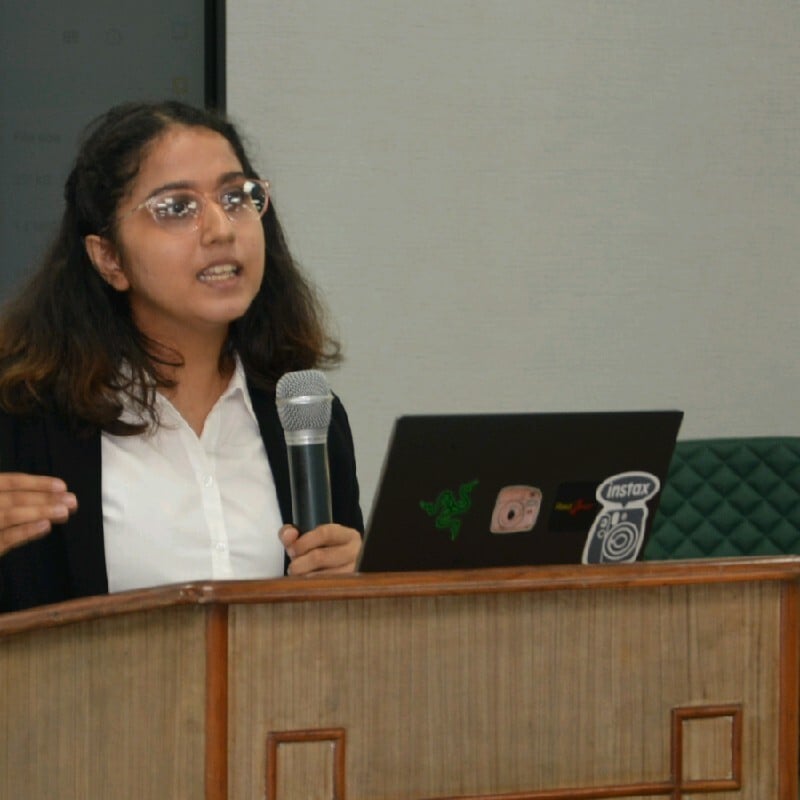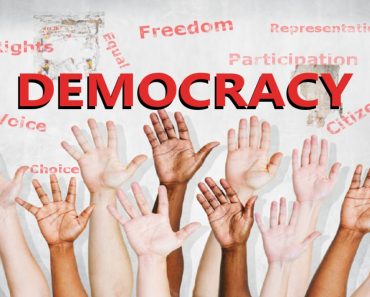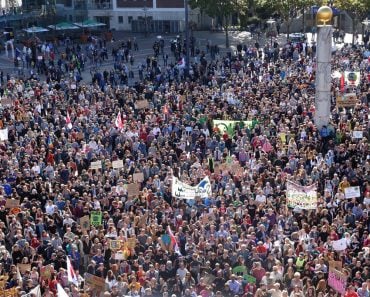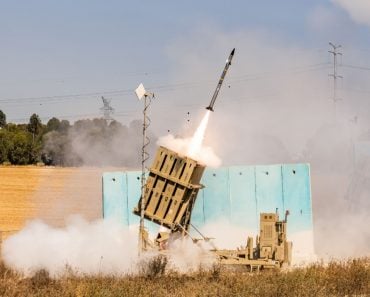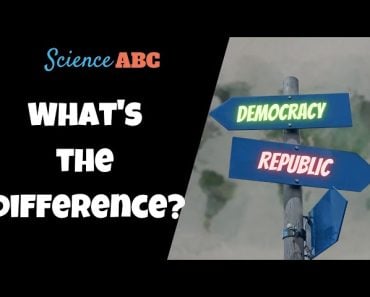Preventive detention is allowed in democracies to address threats that affect the democratic functioning of the polity itself.
Very often, preventive detention makes it into the headlines and is criticized for being a violation of human rights, as well as the civil and fundamental liberties allowed to the citizens of a territory. It has been described as a gross and heinous infringement of these rights, to the point that it seems like it should only be found in the callous institutions of an authoritarian dictatorship. However, some of the oldest, most established, and largest democracies in the world allow for legal preventive detention.
Recommended Video for you:
What Is Preventive Detention?
Preventive detention is the pre-emptive imprisonment of individuals without any formal trial or conviction by a competent court, in order to prevent them from committing crimes in the future.
So, even before you have made any criminal move or acted in furtherance or the commission of a crime, you can be arrested under certain circumstances.
It may also manifest in other formats deemed necessary, such as the preventive detention of immigrants or asylum-seekers before they are officially granted the protection of that state. It is a means of a precautionary, rather than a punitive response.
What Justification Is Given For Preventive Detention?
Governments in democratic setups primarily use preventive detention in order to cordon off individuals who are deemed a threat to the peace and stability of the state and society, such that they have limited interaction with a society whose members, or their interests, they are very likely to injure.
Public safety and threats to the democratic state are the justifications frequently given to allow the rights of technically innocent individuals to be curtailed.
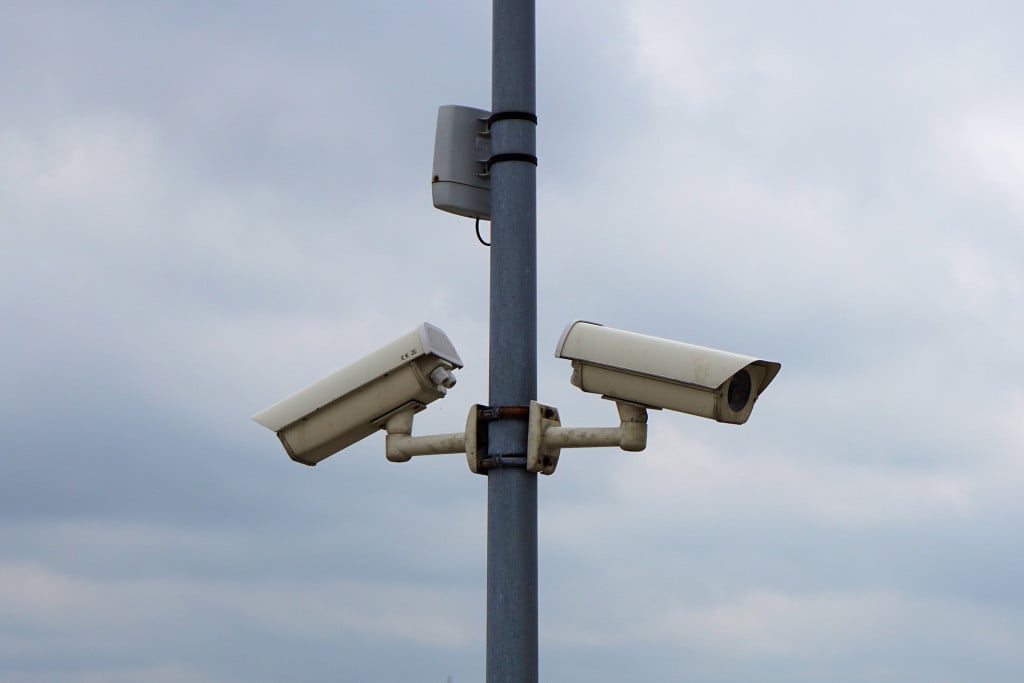
The security of the state that is elected by the people in a democratic setup becomes paramount in order to ensure that the representatives chosen by their voting remain in legitimate office and within the scope of their powers.
Preventive detention purportedly addresses the security of the state and its continuity by containing perceived threats, with the trade-off between liberty and security being acceptable to those making these decisions.
Are There Any Material Benefits To Preventive Detention?
Preventive detention can yield benefits for both society and individuals. On the whole, avoiding a crime avoids a disruption in the social fabric of the community, while also keeping track of suspected flight risks.
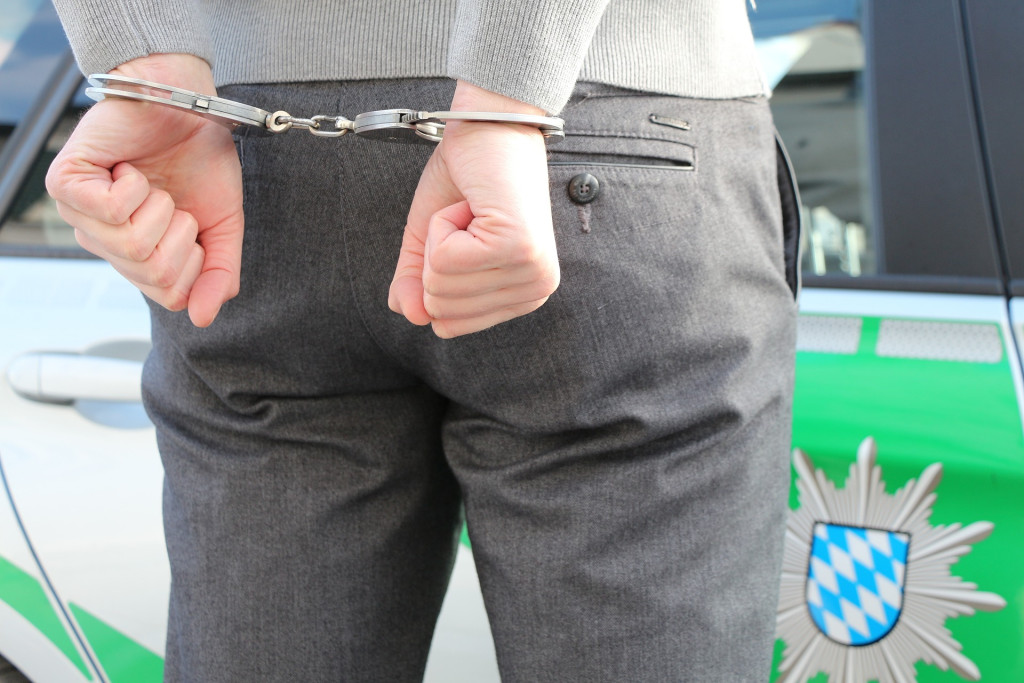
When familiar legal procedures cannot answer to the crime yet to be committed, preventive detention allows the state to acknowledge and diminish the threat. For example, if through its intelligence agencies, the state learns that an individual may commit an act of terrorism, or a mass shooting, but has little admissible evidence to arrest them under a provision of penal law for attempt, preventive detention can be used to neutralize the perceived threat.
If the threat posed by the individual to society proportionally elicits the state’s response to the situation, then, if the threat is enormous, preventive detention allows more to be gained from an individual’s lack of civil liberties than would be lost by them acting out the crime.
Besides the harm that a victim may suffer, it also avoids any tampering with evidence that a suspect may cause, and extends protection to witnesses in a case.
Is Preventive Detention A Tool To Exploit Power?
A tool is manipulated by its wielder, and thus, it is the wielding, not the tool itself, that is exploitative. Like all spaces created for the authorized use of power, preventive detention is prone to misuse. This is done in order to further the political agenda of those privy to its practice, be it to strengthen their own hold or weaken their opponents.
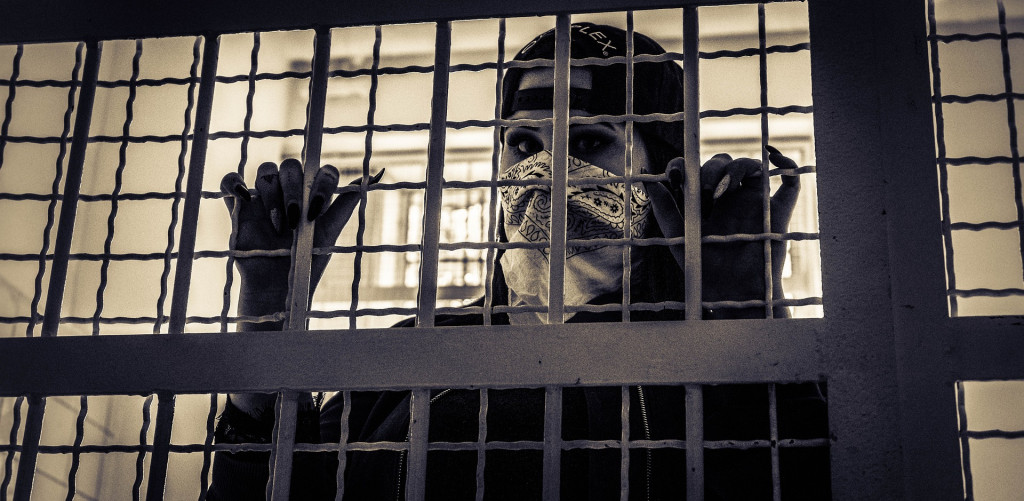
Additionally, preventive detention may deprive an innocent person of basic rights, such as access to due process, freedoms of activity and movement, without sufficient, or any proof. Without any formal charges involved, it may lead to situations where governments, under immense pressure from the society may arrest people without sufficient justification. So, in a country X, if the people Y try to and fail at revolting, the pressure from the rest of the country may nudge the state to arrest leaders from Y, despite them having committed no crime to merit an arrest.
Arbitrary detention in order to materialize pre-existing biases in the establishment is also possible. In such cases, a biased executive might use this tool as a means to discriminate against a particular class of individuals. Stereotypes and prejudices may infiltrate the act of detention and bypass the due process of law. Power can be abused by the executive branches and law enforcement if there are no checks and balances.
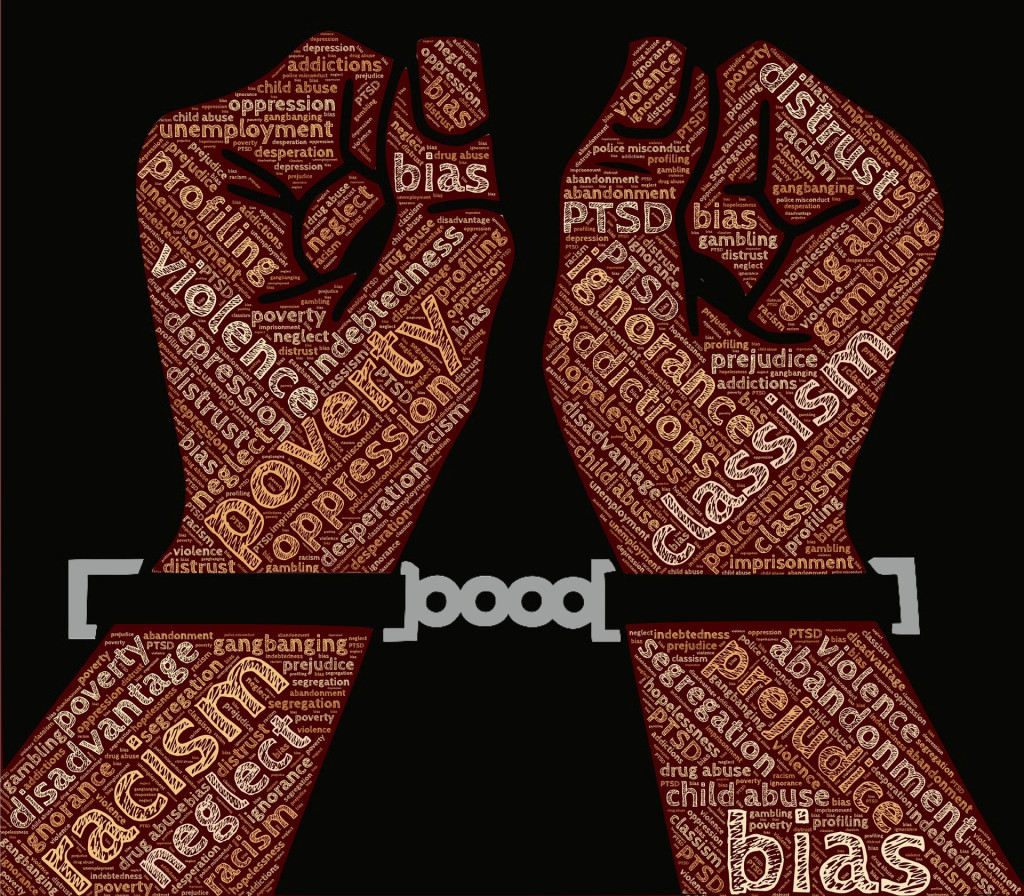
Oversight mechanisms that permit transparency in the preventive detention process, something that may leave out judicial scrutiny, would induce hesitation among governments and administrators before they chose to exploit their powers. Accountability in democracies may prevent preventive detention from being unjust and unnecessary, but it is not a perfect system.
Conclusion
Retroactive prevention of crime, though controversial, is seen in many democracies as a necessary evil for the greater good. However, the definition of the ‘greater good’ is ambiguous, and who defines the ‘greater good’ is a matter of authority and its locus. Therefore, an objective standard cannot be set for how and when preventive detention is rightfully exercised. Therefore, it is a responsibility thrust on active and aware citizens to match their expectations of civil liberties with the state’s limitations imposed on them, rightfully so or not.
References (click to expand)
- Ludsin, H. (2016, January 8). Preventive Detention and the Democratic State. []. Cambridge University Press.
- Kitai-Sangero, R. (2009). The limits of preventive detention. McGeorge L. Rev., 40, 903.
- Elias, S. B. (2009). Rethinking Preventive Detention from a Comparative Perspective: Three Frameworks for Detaining Terrorist Suspects. Colum. Hum. Rts. L. Rev., 41, 99.

